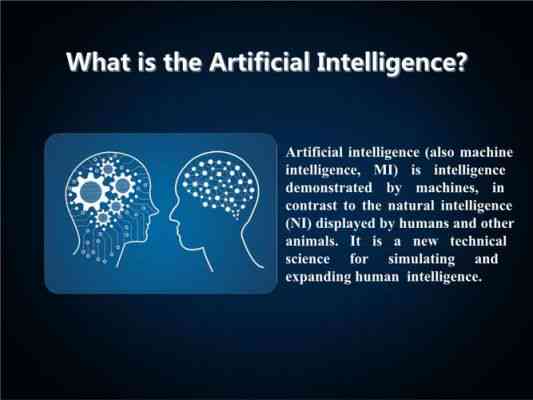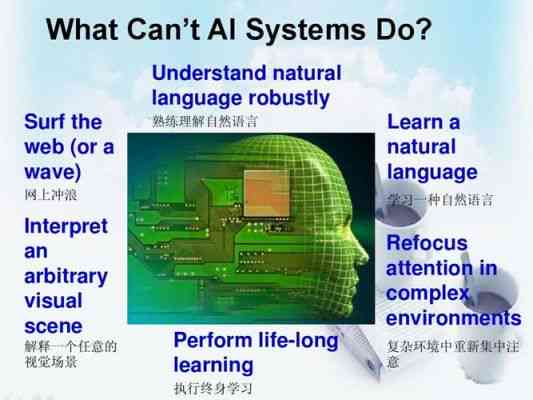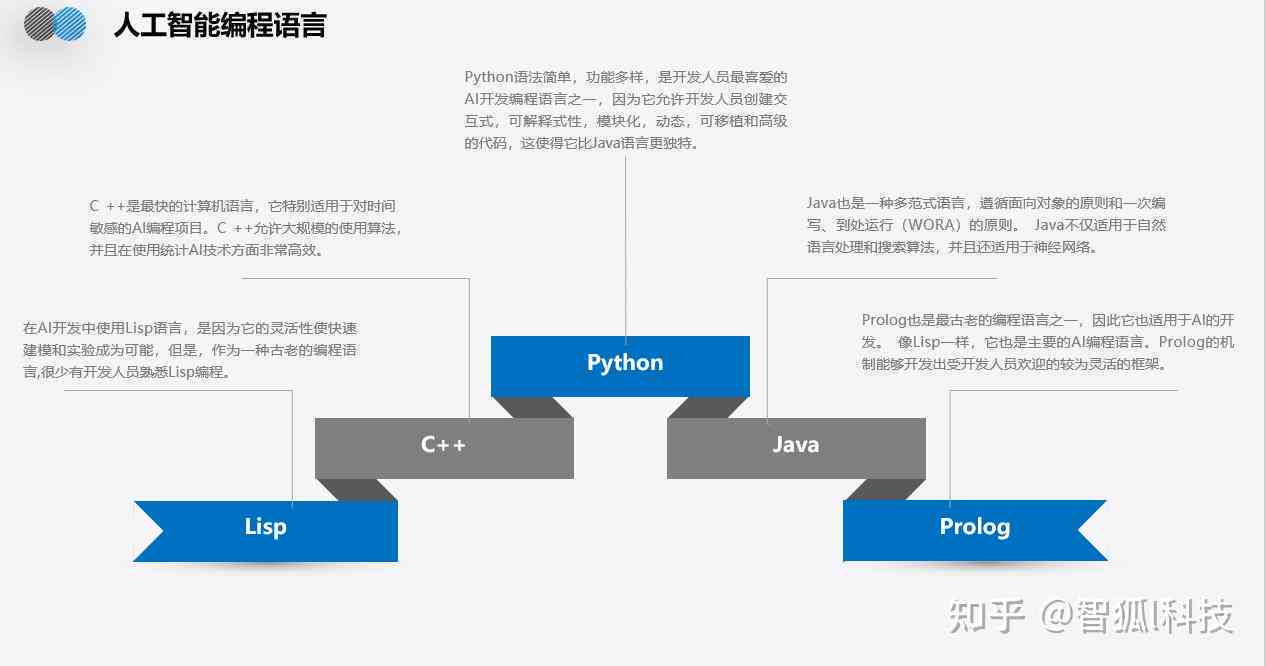AI智能用英语怎么说:涵相关英语词汇及表达
Title: How to Say Intelligence in English: Covering Related Vocabulary and Expressions
Introduction
Artificial Intelligence () has become an integral part of our dly lives, revolutionizing various industries and shaping the future. As such, it is essential to understand how to discuss intelligence in English, especially for professionals and enthusiasts in the field. This article will provide a comprehensive guide to saying intelligence in English, including related vocabulary and expressions, to help you communicate more effectively about this fascinating technology.
1. Basic Expressions for Intelligence
1.1 Intelligence
The most strghtforward way to express intelligence in English is simply intelligence. This term encompasses the concept of artificial intelligence as a whole, referring to the ability of machines to perform tasks that would typically require human intelligence.
1.2 Artificial Intelligence
Another common expression is artificial intelligence itself. This term is often used when discussing the broader field of , including its various subsets and lications.
1.3 Machine Intelligence
Machine intelligence is also a popular term, often used interchangeably with intelligence. It emphasizes the focus on machines and their capabilities to learn, reason, and make decisions.
2. Related Intelligence Vocabulary
2.1 Machine Learning (ML)
Machine Learning is a subset of that involves the development of algorithms that allow computers to learn from and make predictions or decisions based on data. Key terms related to ML include:
- Algorithm: A set of rules or instructions that a machine follows to solve a problem or perform a task.

- Data: The raw material used to trn machine learning models, which can be structured, unstructured, or semi-structured.

- Model: A trned algorithm that can make predictions or decisions based on new data.
2.2 Deep Learning (DL)
Deep Learning is a subset of machine learning that uses neural networks with multiple layers to learn and make predictions. Key terms related to DL include:

- Neural Network: A computing system inspired by the biological neural networks that constitute animal brns.
- Layer: The building blocks of neural networks, where each layer processes the output of the previous layer.
- Activation Function: A mathematical function that determines whether a neuron should be activated or not, based on its input.
2.3 Natural Language Processing (NLP)

Natural Language Processing is a field of focused on the interaction between computers and human language. Key terms related to NLP include:
- Tokenization: The process of breaking a text into individual words, phrases, or other meaningful elements called tokens.
- Sentiment Analysis: The process of determining the sentiment of a piece of text, such as positive, negative, or neutral.
- Language Model: A model that predicts the probability of a sequence of words, enabling tasks like machine translation or text generation.

3. Intelligence lications and Expressions
3.1 Virtual Assistants
Virtual assistants like Siri, Alexa, and ssistant are -driven lications that perform tasks and answer questions for users. Common expressions include:
- Chatbot: A computer program designed to simulate human conversation through text or voice interactions.

- Conversational : technology that enables machines to understand, process, and respond to human language in a natural and intuitive way.
3.2 Autonomous Vehicles
Autonomous vehicles, or self-driving cars, rely on to navigate and make decisions on the road. Key terms include:
- Sensor Fusion: The process of combining data from multiple sensors to create a more accurate and comprehensive understanding of the environment.

- Perception: The ability of an system to interpret and understand the data from its sensors, such as identifying objects, lanes, and traffic signs.
3.3 Healthcare
has made significant contributions to the healthcare industry, with lications like:
- Diagnostic : systems that assist in diagnosing diseases by analyzing medical images, patient records, or genetic data.

- Predictive Analytics: techniques that analyze large datasets to predict future events, such as patient readmission or disease outbreaks.
Conclusion
Understanding how to say intelligence in English and being familiar with related vocabulary and expressions is crucial for effective communication in this rapidly evolving field. By mastering these terms, professionals and enthusiasts can better discuss the various aspects of , its lications, and its impact on society. As continues to advance, staying informed and up-to-date with the latest terminology will be essential for staying ahead in this dynamic industry.
AI智能用英语怎么说:涵相关英语词汇及表达
编辑:ai知识-合作伙伴
本文链接:http://www.tsxnews.com.cn/2024falv/aizhishi/254104.html
① 凡本网注明"来源:"的所有作品,版权均属于,未经本网授权不得转载、摘编或利用其它方式使用上述作品。已经本网授权使用作品的,应在授权范围内使用,并注明"来源:XX"。违反上述声明者,本网将追究其相关法律责任。
② 凡本网注明"来源:xxx(非)"的作品,均转载自其它媒体,转载目的在于传递更多信息,并不代表本网赞同其观点和对其真实性负责。
③ 如因作品内容、版权和其它问题需要同本网联系的,请在30日内进行。
编辑推荐
- 1ai智能功能用英语写作文
- 1ai智能的好处英语-ai智能的好处英语作文
- 1Exploring AI Intelligent Features in English Essay Writing
- 1AI智能功能用英语写作文怎么写:探讨英语作文中的AI智能应用技巧
- 1'男生婚纱照惊喜曝光:朋友圈浪漫告白文案搭配'
- 1最近流行的婚纱照文案男生:独特朋友圈表达指南
- 1男生婚纱照拍摄心得与分享:打造独特朋友圈文案,全面解答婚纱照相关问题
- 1AI创作与人类艺术家:未来艺术界将如何融合与创新?
- 1智能少女AI执导:跨界创作科幻影片宴
- 1AI辅助设计:如何利用智能工具创建高效剪切模版
- 1AI文案创作工具:全方位打造原创文章,解决各类写作难题
- 1ai智能写作网站免费:官网推荐、热门平台及英语版本一览
- 1探索抖音热门民族拍照特效:一键换装56个民族服饰,解锁旅拍新潮流
- 1全面解读:AI技术如何深度赋能产品运营与创新策略提升
- 1揭露代人撰写报告法律风险:全面解析代人写报告的合法性与后果
- 1可以在哪个软件找代写报告免费且不收费的服务?
- 1智能AI创新设计:打造环形艺术文字效果
- 1AI辅助创建圆形文字Logo:涵设计技巧与实用工具的全方位指南
- 1AI圆形文字排版:如何实现文字圆形排列与详细制作步骤
- 1'如何调整AI圆形文字的方向与角度'
- 1AI圆形字体环绕教程:从基础应用到高级技巧详解
- 1融文案AI:探索人工智能在广告创作中的应用与未来趋势分析
- 1'AI智能面部变换创意文案素材集锦'
- 1AI智能文案一键生成工具:免费创作、优化、多样化内容,全面满足写作需求




